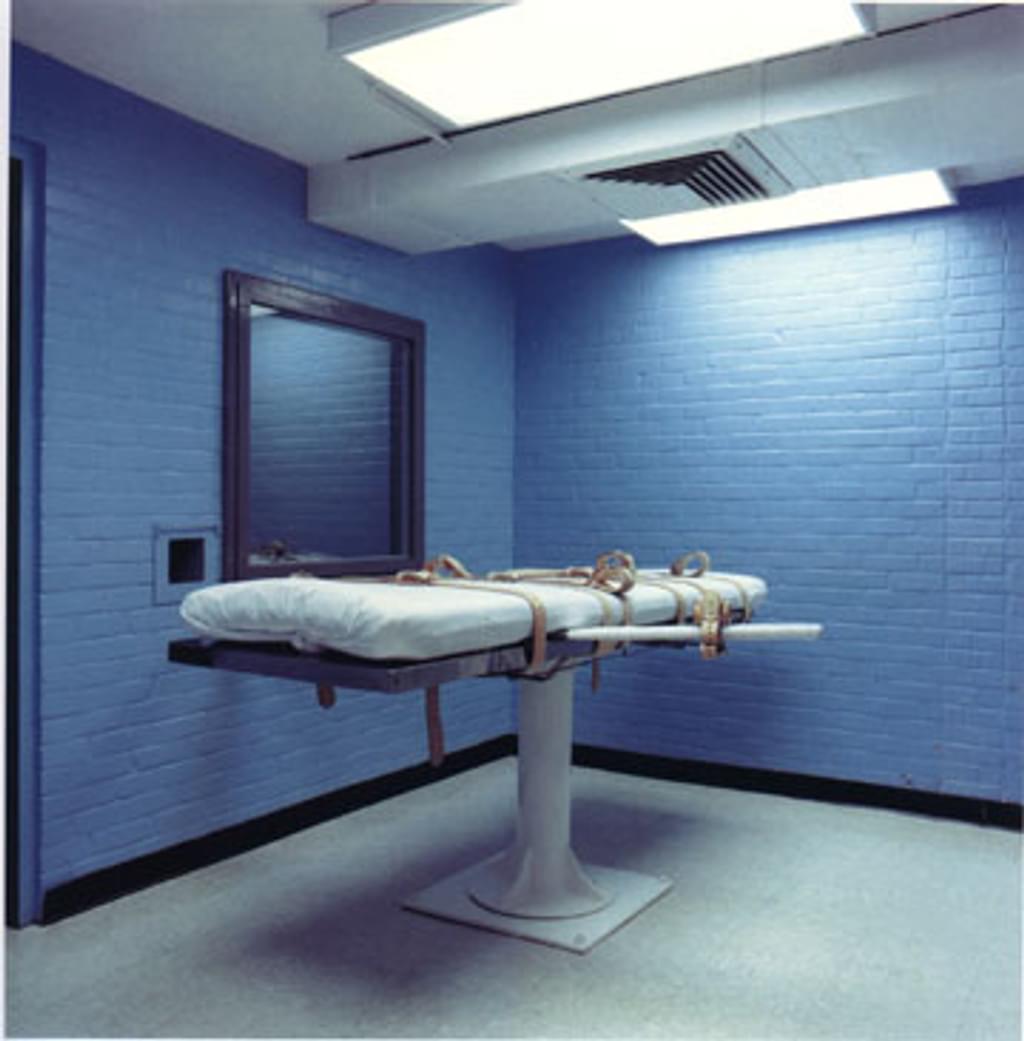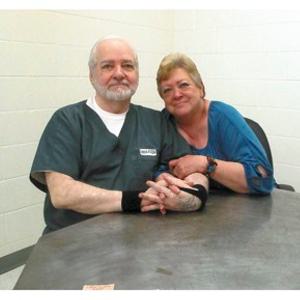
Arizona officials have agreed not to schedule any executions until a federal court challenge to the state’s lethal injection protocol and secrecy policy is resolved. U.S. District Court Judge Neil V. Wake had previously put the lawsuit on hold while Arizona rewrote its execution protocol. He said the execution hold was necessary to prevent what he called “crisis litigation” — artificially forcing the court to decide issues in the 60 days before an execution was scheduled to occur. Such litigation, he said, did not allow for adequate consideration of the issues. With the state’s agreement not to set new execution dates, Judge Wake will now allow the litigation to proceed. Inmates are suing the state to obtain information about the source of the drugs that will be used in executions. In July 2014, Arizona used midazolam and hydromorphone from anonymous sources to execute Joseph Wood. Arizona’s secrecy laws prevented Wood from obtaining key details of how the state intended to execute him. Wood’s execution took 2 hours, during which witnesses reported that he gasped and snorted more than 600 times. Arizona later attempted to import sodium thiopental to use in a three-drug protocol, but the shipment was halted by the Food and Drug Administration, which said the drug was being imported illegally.
(G. Grado, “Arizona executions on hold as death penalty lawsuit gains new life,” Arizona Capitol Times, December 14, 2015.) See Lethal Injection.
Lethal Injection
Mar 18, 2024
Utah Prisoners’ Request for Information Thwarted by New Legislation Increasing Secrecy in Execution Procedures
Lethal Injection
Feb 29, 2024



